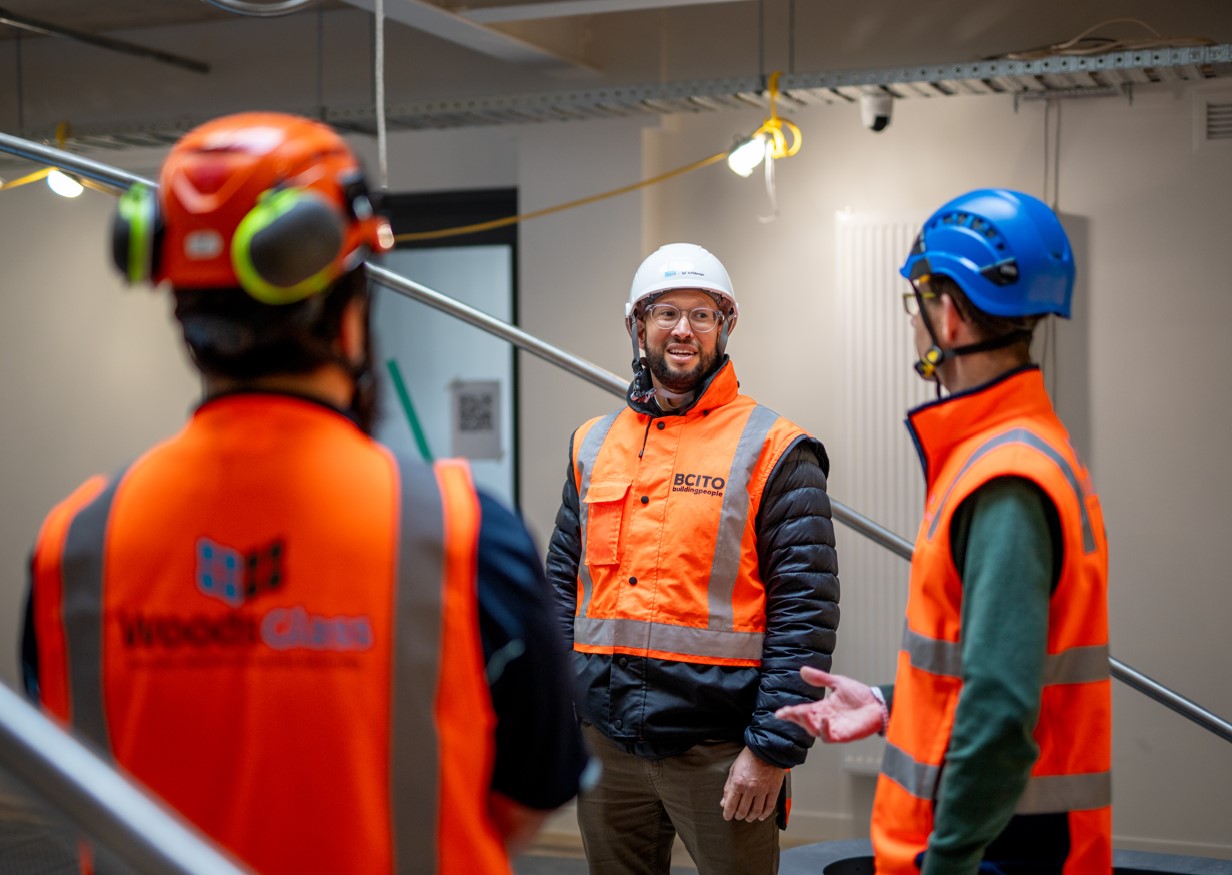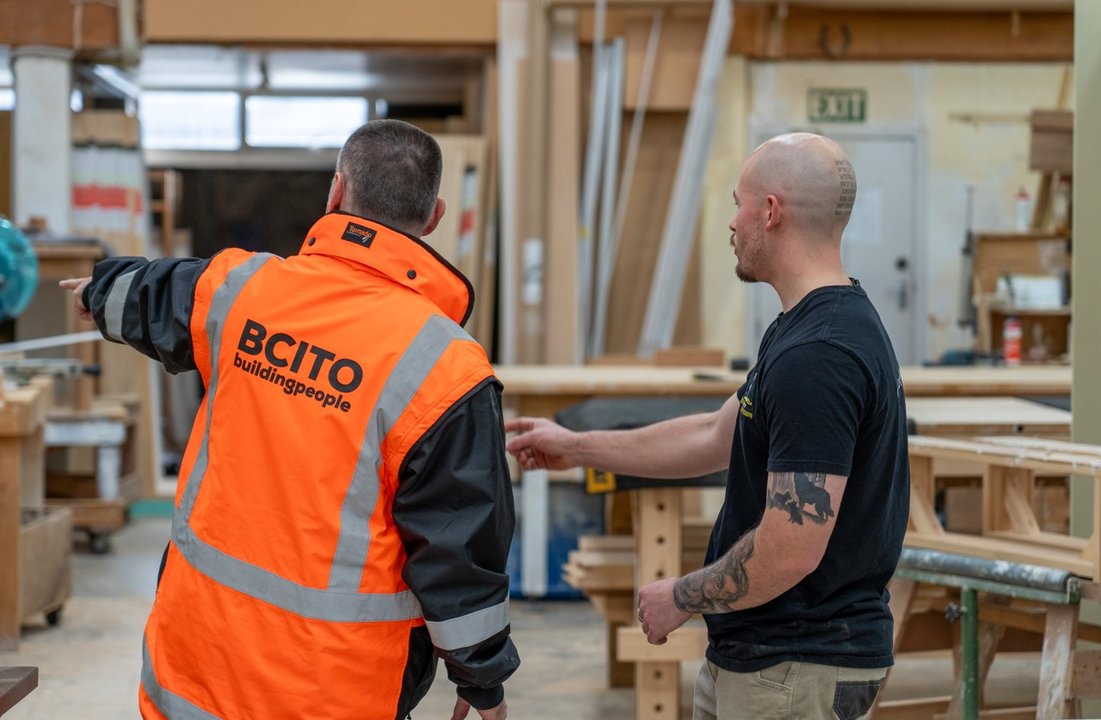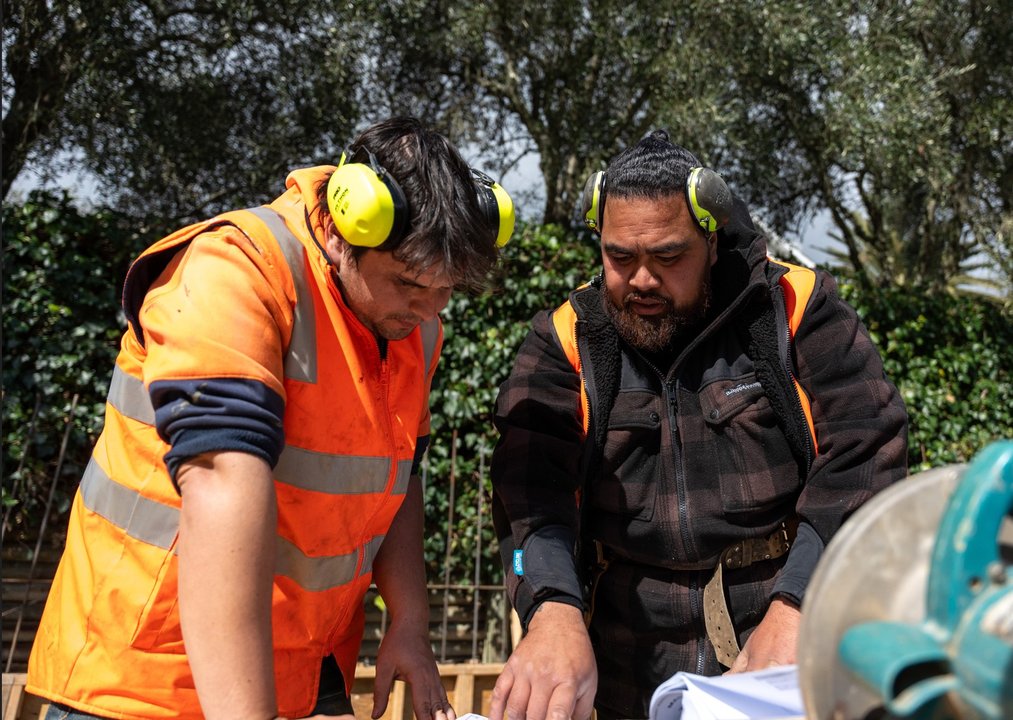
Employers
With BCITO, connecting with motivated, job-ready apprentices has never been easier.
Grow Your Workforce
Train apprentices your way, ensuring they gain the skills your business needs.
Boost Productivity
Apprentices can contribute while they learn, helping your team tackle projects more efficiently.
Future-Proof Your Business
By training new talent, you’re preparing your business to meet future demands.

Your Partner in Growing Talent
BCITO makes the process simple. We match you with dedicated individuals who are ready to learn and support your business. Plus, we’ll guide you through the process of training and mentoring your apprentice to help them succeed.

Supervisors & managers
BCITO doesn’t just offer apprenticeships – we also have qualifications for supervisors and managers who want to upskill or have their experience recognised.
Upskill yourself or your team
A positive workplace culture fosters business growth. That’s why we don’t just offer apprenticeships, we also offer training and qualifications for your existing team.
By training your existing team, they’ll be more valuable, more motivated, and encouraged to stay in your business longer.
Micro-credentials
Futureproof your business with niche skills that are in high demand and suit the way that work is evolving.
A BCITO micro-credential is where your team can gain specialist skills in a short timeframe.
Get your existing experience formally recognised
If you’ve worked in the industry for a few years, but don’t have a qualification we’ll help you get one.
Level up your supervisory skills
New Zealand’s construction industry has an extreme shortage of qualified supervisors. Gain the experience and skills you need to be a high-performing qualified supervisor.
And for an employer, gain an extra pair of hands to help the team with day to day management.

